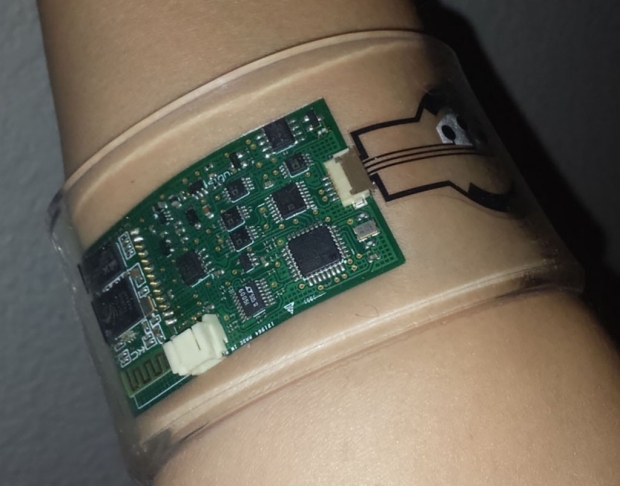National Science Foundation (NSF)
See the following -
The Future Of Open Access: Why Has Academia Not Embraced The Internet Revolution?
More than any other technology, the web has revolutionized access to the world’s information, putting everything from recipes to encyclopedias to books to news at the fingertips of anyone with an internet connection anywhere on the planet. The web’s role in democratizing access to global information has made it a poster child for the power of technology to advance society. Read More »
- Login to post comments
The National Science Foundation Bets Big On Open Source Platforms
 The National Science Foundation (NSF) wants to grow the community of researchers who develop and contribute to open source and enable pathways for collaboration that lead to new technologies that have broad impacts on society...[NSF] just announced US $21 million to fund open source development through a new program: Pathways to Enable Open-Source Ecosystems (PEOSE).
The National Science Foundation (NSF) wants to grow the community of researchers who develop and contribute to open source and enable pathways for collaboration that lead to new technologies that have broad impacts on society...[NSF] just announced US $21 million to fund open source development through a new program: Pathways to Enable Open-Source Ecosystems (PEOSE).
- Login to post comments
The New Invisible College: Science For Development
The twentieth century was the era of "big science." Driven by strategic rivalries and fierce economic competition, wealthy governments invested heavily in national science establishments. [...] But the big science model left poorer countries out in the cold. Today the organization of science is undergoing a fundamental transformation. Read More »
- Login to post comments
UNT Demonstrates First Ever Drone Provided Cell Service for Disaster Response
 When disasters like tornadoes and hurricanes strike, they often take down the technology emergency workers desperately need to keep in contact — cellphone service. Now a professor at the University of North Texas is working to make sure those first responders can get that vital access through an airborne communication system...
When disasters like tornadoes and hurricanes strike, they often take down the technology emergency workers desperately need to keep in contact — cellphone service. Now a professor at the University of North Texas is working to make sure those first responders can get that vital access through an airborne communication system...
- Login to post comments
Wearable Sweat Sensor Can Diagnose Cystic Fibrosis, Study Finds
 A wristband-type wearable sweat sensor could transform diagnostics and drug evaluation for cystic fibrosis, diabetes and other diseases. The sensor collects sweat, measures its molecular constituents and then electronically transmits the results for analysis and diagnostics, according to a study led by researchers at the Stanford University School of Medicine, in collaboration with the University of California-Berkeley. Unlike old-fashioned sweat collectors, the new device does not require patients to sit still for a long time while sweat accumulates in the collectors...
A wristband-type wearable sweat sensor could transform diagnostics and drug evaluation for cystic fibrosis, diabetes and other diseases. The sensor collects sweat, measures its molecular constituents and then electronically transmits the results for analysis and diagnostics, according to a study led by researchers at the Stanford University School of Medicine, in collaboration with the University of California-Berkeley. Unlike old-fashioned sweat collectors, the new device does not require patients to sit still for a long time while sweat accumulates in the collectors...
- Login to post comments
Introduction To GenoCAD Sponsored Webinar Presented By OpenHelix
Learn how to use GenoCAD, a Computer-Assited Design application for synthetic biology, Thursday, March 27th, at 18:00 p.m. UTC/2:00 p.m. ET/11:00 a.m. PT.
- Login to post comments
44th Annual Natural Hazards Research and Applications Workshop
Since 1975, the Natural Hazards Center has hosted the Annual Natural Hazards Research and Applications Workshop in Colorado. Today the Workshop brings together over 500 federal, state, and local mitigation and emergency management officials; representatives of nonprofit, private sector, and humanitarian organizations; hazards and disaster researchers; and others dedicated to alleviating the impacts of disasters. Our Theme: This year, the Workshop will be organized around the theme of Convergence, which refers to the process of people joining forces to respond to pressing challenges and enduring problems. These connections often require the crossing of boundaries, whether they be disciplinary, organizational, geographic, cultural, political, or otherwise. This work can be challenging, but it is also where fundamental breakthroughs in science and application are most likely to occur.
- Login to post comments
- previous page
- 1
- 2
- 3